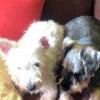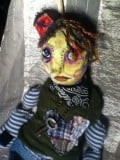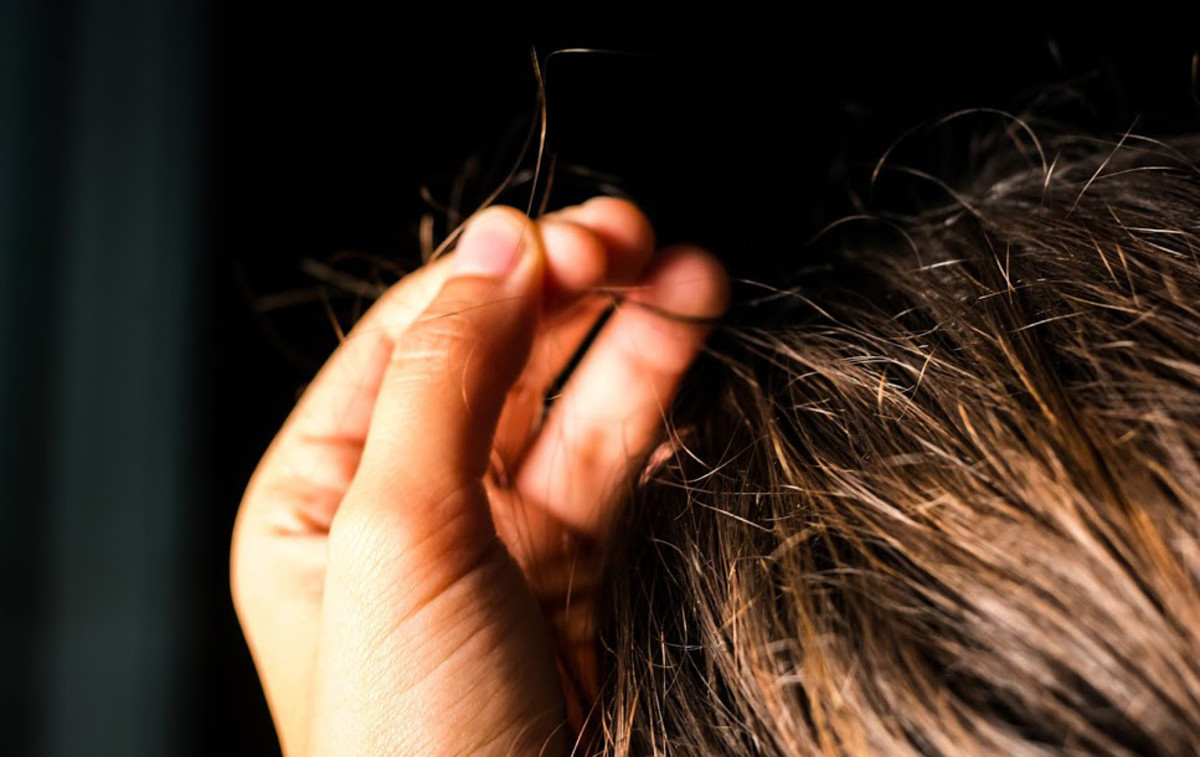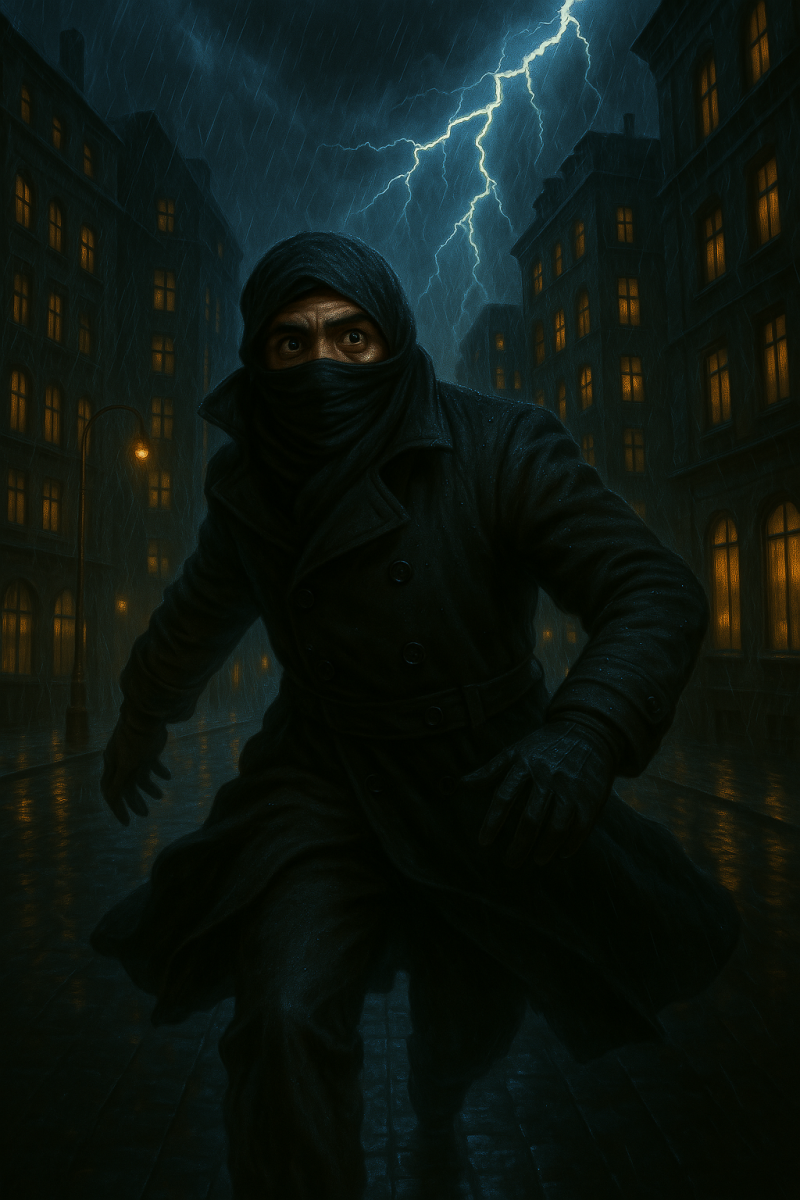- HubPages»
- Books, Literature, and Writing»
- Commercial & Creative Writing»
- Creative Writing
Battling Obsessive Compulsive Disorder, an intrusive condition:a short story

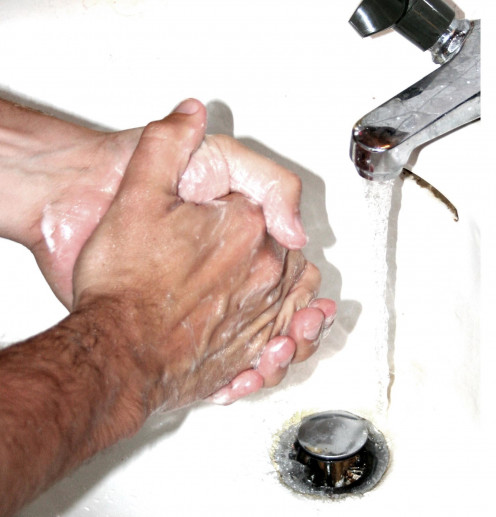


Joe as a small child
"Joe, don't you want to go out? our neighbors are in the playground," Joe's mother eyed the little boy quizzically. She was pleased that Joe was a well-dressed,obedient little boy who always completed his homework on time. He hardly made any careless mistakes when doing his home work; he was an intelligent child who got above average grades. She was worried, though, that the little boy had few friends his age.
Unlike most children, Joe made more of a fuss organizing and packing his bag than others. he took things in and out constantly, putting them in again until they were in an order that satisfied him. He was also unusually afraid of playgrounds, overly worried about being injured on the monkey bars.
"Joe, join us on a bike ride," his friends would say, but he would always reply with "Sorry, I've got lots of homework to do," as an excuse to avoid possible accidents. His irrational fears cost him a large part of his social life. His mum, meanwhile relished in the fact that she had a son who did not cause any trouble.

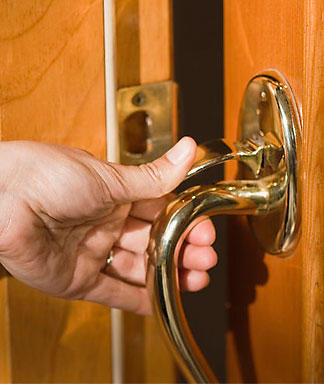
Joe as a teenager
Joe was indeed a teenager every mother loved to call her own. He hardly ever used the phone or received calls from any friends.Diligent, he preferred to bury how nose in his books. A relief for his parents on the surface, Joe hid a little secret.
"Barbecue next week, Joe," his best and only friend Kevin would call over the phone. " Join us. You hardly ever do."
"Thanks, but I have that project to complete," Joe would decline ever so politely. there really was no such project; Joe did not want anyone knowing that he was deathly afraid of barbecues, or rather, the oil and dirt that would be left behind on his hands.
He began washing his hands more often than normal, but his mother, the envy of other mums of teens, was too busy enjoying the blissful relief to notice.

An odd habit-constantly taking the longer route
By all accounts, Joe was a well-loved fellow. He was helpful and always tutored friends who needed his academic advice. Consequently he had many friends who would ask him out, but they would more often than not be rejected quite unceremoniously. He had an odd habit which friends did find a little strange.
A few of them would be walking away from school as usual, and would come by a pedestrian crossing along the way. Joe would suddenly turn and take the longer route home. "Joe," Kevin would call,"Isn't this the faster route to your home?" Joe would simply ignore him and walk the other way.
Naturally, everyone thought it a little strange. They did not realize that he was deathly afraid of getting injured on roads.

An unusually neat desk
Joe, ever the organizational fanatic, kept an unusually neat desk, meticulously arranged. That in itself would be a feat to be proud of. His mother, who noticed him cleaning it every hour on the hour, did start to raise her eyebrows. "Your desk is already very clean, Joe. is there a need to keep wiping it?"
"Dust is so hard to get rid of, mum," Joe intoned coolly. His mother, none the wiser, was proud of her neat young son.


The symptoms worsen
With excellent grades to complete his Law Degree, Joe joined a prestigious law firm upon graduation. He did fairly well in his career, getting noticed by senior partners in his firm and winning accolades for excellent work in litigation.
A devout Christian for the longest time, a new member of his cell group entered his life. A sweet, demure young lady everyone wanted to take home to meet mum, Lisa was a bright young accountant who was an excellent catch for any man. So she was for Joe; his affection grew into an obsession, and he began imagining that she wanted to marry him. She was his idea of the purest person alive.So fixated on the idea was he that he talked about it constantly with Kevin, who soon grew weary. "Hey, pal, if you really feel this way, you should tell her, not me." So bothered was he by Joe that he soon put down the phone when he called.
Joe began to have more intrusive thoughts about his bosses saying untoward things about him. he joined firm after firm, and started believing that his colleagues were stalking him or sabotaging his work. So obsessed was he with what he called their "criminal behavior" that he called to confront them ever so often, leaving rather cryptic messages on their cell phones.

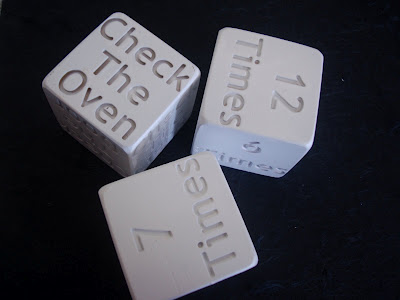
The nervous breakdown
The deluge of thoughts in Joe's head were so disturbing that he finally had to check himself into a hospital.
His loving mother, of course, was in a frenzy. She pulled at the doctor's lab coat. "What's my boy suffering from? How did he end up here?" She quizzed him anxiously.
"From the answers twosome questions we asked him, he could be suffering from Obsessive Compulsive Disorder. Does he wash his hands very often?"
His mother kept her head down."Yes. But....he's not cuckoo, is he?"
The doctor was a tad annoyed. "He has a condition that needs treatment, ma'am. I recommend that you expose him to road crossings and other things he may be afraid of.
Then build up his confidence, say in crossing roads. Don't let him walk the other way."
"Of course," Joe's mother nodded. "But doctor, could you not tell anyone else about this?"
The doctor faced her squarely. "Ma'am, if you don't seek help, he won't recover."


Symptoms and coping with Obsessive Compulsive Disorder
Symptoms of Obsessive Compulsive Disorder
Excessive checking of things or surroundings
Repeated checking to see if loved ones or cherished objects are safe
Repeating certain words or actions
Irrational fear of harm or injury to oneself or others
Fixation with certain thoughts and ideas, especially the religious and the moral.
Fear of losing things.
Fixation with organization and order
Superstitiousness
Coping with Obsessive Compulsive Disorder
Exposure therapy
A suggested form of treatment is to expose the patient to his fears and remind him or her not to overreact to them. Sufferers are asked to refrain from the compulsive behavior that he or she would normally perform, for instance, hand washing. Sufferers usually have their fears diminish gradually with constant exposure.
Cognitive Therapy
Sufferers are often taught appropriate ways of responding to their fears. They are introduced to the four steps of conquering OCD:
Relabel : The sufferer is taught to recognize that the intrusive thoughts are a result of
OCD. Then he trains himself to think otherwise. For instance, "My hands are
not dirty. I only think they are."
Reattribute : The sufferer must recognize that the thoughts are not caused by himself or
herself, but by the OCD.
Refocus: Get a sufferer to focus his or her attention on something else
Revalue: A sufferer should realize that the value that is attached to whatever he is
obsessed with is probably too much.
Exercise
This helps a person to refocus his attention and keep fit at the same time!
Anticipate OCD urges
Keep urges in check before they happen. If an obsession involves checking doors, it is good for a sufferer to try to do it once and ensure he gets it right the first time.
A healthy support system
The understanding and support of family and everyone's willingness to admit to and confront the condition and its related fears is a crucial,step towards recovery.

Conclusion
OCD is a condition to treat, very much like other health conditions. it is very manageable with the willingness of the sufferer to confront his fears. Family and friends must lend support by admitting to the condition and being open to therapy that will help if it is committed to.

Other health stories by Michelle Liew
- A short story on Narcissistic Personality Disorder, ...
A short story on Narcissistic Personality Disorder, its causes and effects. - Post Traumatic Stress Disorder - a short story about coping with a harsh reality
What are the symptoms and treatment for PTSD? Often sufferers bear them quietly without letting their loved ones know about it until they manifest themselves. Here is a short story about how PTSD can affect a person over a long period of time.

